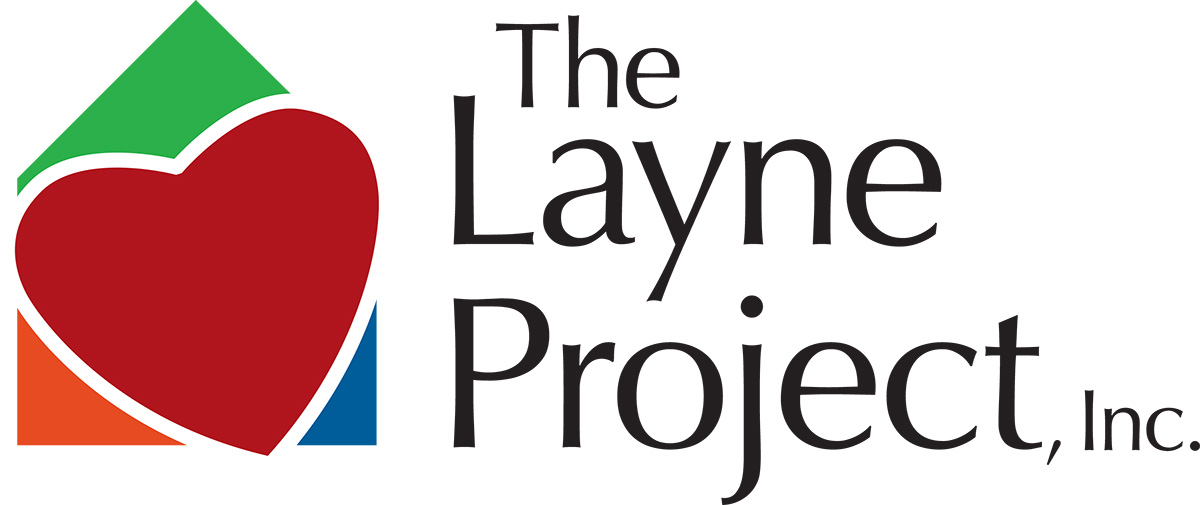Week 11 – Thinking in Bets: Leading in Uncertainty as a Co-Parent
 When you step into co-parenting, you’re stepping into uncertainty.
When you step into co-parenting, you’re stepping into uncertainty.
No script. No guarantees.
Just decisions, relationships, risks—and the children counting on you to lead through it all.
Inspired by Annie Duke’s Thinking in Bets, this week in the Entrepreneurial Mindset for Co-Parenting Success series, we’re exploring what it means to lead in an unpredictable world—and how BeH2O™ trains co-parents to do just that.
Life Isn’t Chess. It’s Poker.
In chess, if you’re smart enough, you can find the perfect move.
In poker—and in life—you can make all the right decisions… and still lose the hand.
Good decision-making doesn’t guarantee good outcomes.
And bad outcomes don’t always mean bad decisions.
If we confuse outcomes with decision quality—a trap called resulting—we risk:
-
Losing confidence in good strategies too soon
-
Blaming ourselves (or our co-parent) unfairly
-
Reacting emotionally instead of adapting strategically
In co-parenting, resulting looks like:
-
Thinking a conflict-free week means your system is “fixed”
-
Thinking a tough week means your whole plan has failed
-
Constantly switching strategies based on short-term emotions
Leadership requires a better system.
The BeH2O™ Way: Planning for the Possible, Not the Perfect
In BeH2O™, we build resilience against uncertainty using two powerful entrepreneurial tools Annie Duke champions:
🔹 Backcasting
🔹 Premortem Planning
-
Backcasting means starting from success: “Imagine everything worked out well for your child—what had to happen to get there?”
It forces clarity. It grounds daily decisions in long-term goals. -
Premortem Planning means imagining failure before it happens: “If this co-parenting plan fell apart, what could go wrong?”
It identifies blind spots and lets you prepare solutions in advance—before stress clouds judgment.
These practices aren’t about predicting the future.
They’re about preparing for the range of possible futures—and leading with intention no matter what unfolds.
Human, Not Perfect: Building Ulysses Contracts
Even with the best intentions, conflict triggers emotions.
That’s why BeH2O™ teaches Ulysses Contracts—pre-commitments you make with yourself to stay on course when the emotional storms hit.
A Ulysses Contract might look like:
-
Taking a 10-minute pause before replying to a difficult message
-
Agreeing to use a specific communication protocol, no matter how provoked you feel
-
Setting a rule that emotional conversations only happen after reflection, not in the heat of the moment
The goal isn’t avoiding emotions.
It’s protecting your leadership—and your child’s peace—through proactive self-regulation.
Betting on the Future: Parenting as Decision-Making Under Uncertainty
Every parenting choice is a bet.
When you choose a communication strategy, a school decision, or a transition plan, you’re betting—based on what you know and don’t know—that it will lead toward the future you want for your child.
Thinking in bets teaches us:
-
To stay flexible
-
To update our beliefs as new information emerges
-
To stop seeing uncertainty as failure—and start seeing it as reality
In co-parenting leadership, that looks like:
-
Holding decisions loosely enough to adjust without shame
-
Committing to systems and values, not single outcomes
-
Building resilience in yourself and your child by modeling adaptability
Closing Thought:
Good leaders aren’t certain.
Good leaders are steady in uncertainty.
That’s what BeH2O™ teaches.
And that’s what Thinking in Bets reminds us:
Leadership isn’t about being right.
It’s about building systems strong enough to navigate the unknown—with wisdom, humility, and hope.
I am willing to wager a bet that you would get a great deal out of reading Annie Duke’s Thinking in Bets and you can find it here.
Next week, we’ll close out the Entrepreneurial Mindset for Co-Parenting Success series with Simon Sinek’s The Infinite Game—where we’ll explore how the best leaders, and the best co-parents, don’t play to win a moment.
They play for something bigger: the future of their child’s well-being.
Because real leadership isn’t measured by quick wins.
It’s measured by what endures.
